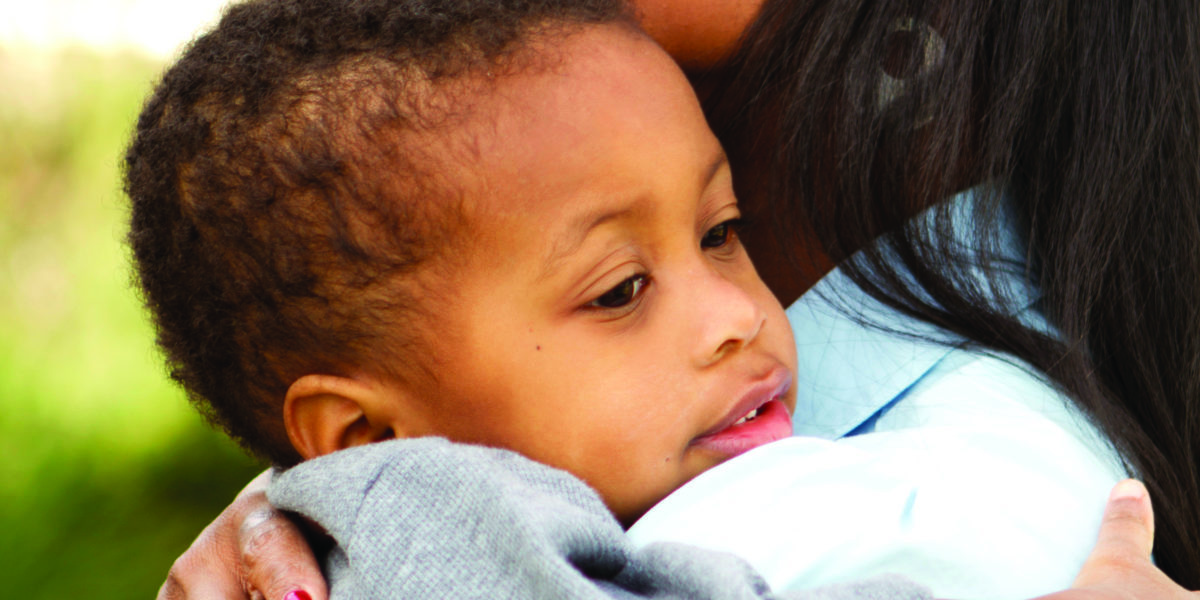CLS staff attorney Caroline Buck won a victory for families in an important new Pennsylvania Supreme Court case, In re N.B.-A.. The court clarified that parents should not be punished for child abuse perpetrated by others in cases where the parent did not know, and could not have known, that their child was in danger of abuse.
Being listed on the civil child abuse registry has lifelong effects – particularly for low income families. Placement on the registry keeps parents out of many jobs that enable families to climb out of poverty – including childcare, home health care, and elder care. It can also prohibit parents from chaperoning field trips, volunteering in their child’s classroom, or coaching their child’s athletic teams. It is critically important that individuals are not wrongfully placed on the child abuse registry because of these devastating economic and social consequences that hurt both parents and their children.
Buck, successfully sought review in the Pennsylvania Supreme Court on behalf of her client, E.A. The ACLU of Pennsylvania filed an amicus brief in support of E.A.
E.A. is a mother who was placed on the child abuse registry for allegedly failing to protect her young daughter from sexual abuse that was perpetrated by another family member. There was no evidence that the child ever disclosed the abuse to her mother, no injuries that would have made the mother aware that someone was harming her child, and no indication that this family member was not a safe person for the child to be around.
In a 6-1 decision, the Pennsylvania Supreme Court determined that E.A. could not be held responsible for the intentional abuse of another when there was no evidence that she was aware of the abuse and failed to act, or that she consciously ignored any warning signs that her daughter was in danger.
As Justice Todd observed in the majority opinion,
“Although the tragic crime of sexual abuse of a child may occur when a child is without proper parental supervision or care, it may also occur despite a parent’s best efforts to care for and supervise a child. Sadly, children are vulnerable to abuse when they are at day-care or in school; when they are involved in church, athletic, or other activities; and even when they are under the supervision of trusted friends or family. Yet, parents cannot be with their children every minute of every day, and the vast majority of children engage in the aforementioned activities without incident.”
The Court also unanimously rejected the argument of DHS and the child advocate – that parents are always responsible for their children, and can be presumed responsible for any injury that happens to their child.
Citing the ACLU’s amicus brief, Justice Wecht commented that this “would amount to presumptive strict liability against parents for child abuse, regardless of the parent’s role or the conduct of other individuals. A presumption of parental culpability anytime a child is abused would have far-reaching consequences… [and] would raise substantial due process considerations.”
While the registry exists to protect children, that purpose is undermined when parents are wrongly placed on the registry. This important decision affirms that parents cannot be held accountable for abuse they did not perpetrate when there is no evidence that they could have prevented it from occurring.
The briefs of CLS and the ACLU, as well as the Opinion of the Supreme Court, are available at the links below:
ACLU Amicus Curiae Brief in re NB-A
Justice Wecht Concurring Opinion






